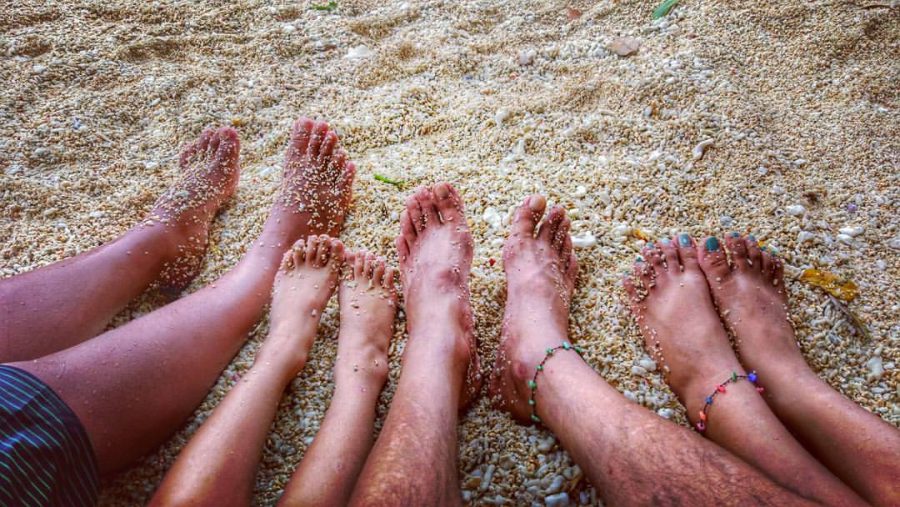Rising temperatures make outdoor safety key for students and families on summer break
Outdoor fun also means outdoor safety
May 17, 2022
Summer break is here and many families and students are making plans to spend time outdoors.
Be it a day on one of Arizona’s lakes or rivers, a family camping trip, a summer softball league, or just hanging out in the back yard, activities during this time of the year can be fraught with safety issues.
Here are a few things to consider when taking to the great outdoors during the hot months of summer.
Fire Safety
The U.S. Forest Service is already classifying the current fire danger as “extreme” in the Tonto Basin and surrounding areas. Phase 1 fire restrictions have been put in place as well as some recreational area closures and camping restrictions to the north, where a number of wildfires are already burning. If you are planning a camping or hiking trip, it is always advisable to check for restrictions in the area you are headed.
Water Safety
This spring, there have already been more drowning deaths at Lake Pleasant, a popular recreational waterway north of Phoenix, than all of last year. None of the four people who died on Lake Pleasant over the last month were wearing personal floatation devices, according to the Maricopa County Sheriff’s Office.
“We just need everyone to know that while you’re onshore or you’re in a watercraft, you should have a flotation device on,” Peoria Fire Captain Mark Barabee told AZ Family.
Sun Protection
Sun burns are not only painful, but may make you more susceptible to skin cancer. It’s always advisable to protect yourself from the sun when outdoors. The way in which you do that is up to the individual. Some prefer to slather on commercial sunscreen products, while others choose to cover their skin with fabric, seek shade or remain indoors during the hottest parts of the day.
Insect protection
Following some heavy monsoon rains last fall, Arizona was hit with an unusually high number of cases of West Nile Virus, an illness which is spread by mosquitoes. Given that significantly upward trend in cases, it may continue to be prudent to protect yourself from mosquito bites. The CDC cites using commercially available mosquito repellents, as well as wearing long sleeves and pants and reducing the number of mosquito breeding sites around your home as effective ways to help protect yourself from WNV
Hydration Tips
One of the best ways to stay safe during the hot months of summer is to remain hydrated. Many hikers and other outdoor enthusiasts who require rescuing, need assistance because of dehydration. Scripps recommends that adults consume 64 ounces, or approximately one-half gallon of water each day, but stress the need for more if you are exercising or the temperature is especially hot. They recommend drinking water before you get thirsty, eating foods that contain lots of water like fruits and vegetables and being aware of signs of dehydration as keys to staying healthy when it gets hot outside.


